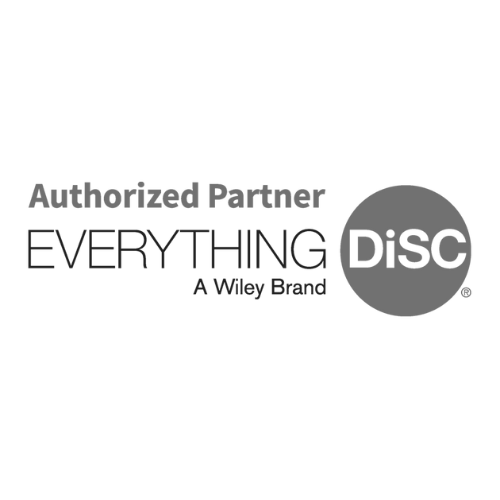At Essential HR, you will constantly and consistently hear us say we are all about employee engagement. Unfortunately, all employees are not always engaged and can lead to them leaving the company. You may think it is too late to think about employee engagement once an employee turns in their resignation letter. But think again. It is yet another opportunity to gather additional data to understand what the company did well, as well as provide an opening to discover areas where the company can improve in the area of employee engagement.
An exit interview is a critical tool for several reasons, including:
Protecting the company from liability. If an employee had a grievance, but failed to file it, the exit interview provides documentation that they were given an opportunity upon their departure.
Learn of any compensation, benefit or compliance problems that can be resolved prior to the employee seeking legal advice of filing a complaint/claim with the various employment agencies (DOL, DLSE, EEOC, DFHEA, etc.)
Provides the employee a safe space to vent about any employee relations issues, and provides closure.
Get feedback about the employee manager, and utilize the information to coach, council or applaud the manager.
How do you conduct an exit interview?
Essential HR recommends that a Human Resources Representative or a designated representative conduct one-on-one interviews because employees may be less candid with their supervisor present.
The interviewer should:
Explain that the purpose of the interview is to help the company improve its processes and retain it’s valuable employees.
Encourage employees to share the reasons why they are leaving. There are a number of reasons that may come up that employers can address. Perhaps employees didn't receive sufficient training, didn't think there were opportunities for advancement, felt their work wasn't appreciated, felt they weren't treated fairly or thought tasks weren't distributed appropriately.
Ask how the company could be a better place to work.
Tell employees that their statements will be kept confidential to the greatest extent possible.
The goal of the exit interview is for the employer to obtain and use information they learn and apply it to the workplace to prevent the loss of employees, prevent litigation and improve employee engagement.
For more information on how to conduct effective interviews, obtain an exit interview questionnaire, or implement an exit interview survey, contact Essential HR, your trusted HR partner.







